Abuja, Nigeria – Former Military President Ibrahim Badamasi Babangida (IBB) has expressed regret over the annulment of the June 12, 1993 presidential election, widely regarded as Nigeria’s freest and fairest poll. LSpeaking at the launch of his autobiography, A Journey in Service, in Abuja on Thursday, the former military leader admitted that the decision to cancel the election was a mistake.
“I regret June 12. I accept full responsibility for the decisions taken, and June 12 happened under my watch. Mistakes and missteps happened in quick succession,” Babangida said.
The election, which was contested between Moshood Kashimawo Abiola of the Social Democratic Party (SDP) and Bashir Tofa of the National Republican Convention (NRC), was widely believed to have been won by Abiola before the military government annulled it.
Security Concerns and Coup Threats
Babangida, who previously defended the annulment, reiterated that while the election was credible, he and his military colleagues believed that the country was not ready for democratic rule.
“June 12 was accepted by Nigerians as the best of elections in Nigeria. It was free and fair. But unfortunately, we cancelled that election. I used the word ‘unfortunately’ for the first time,” he said.
According to Babangida, the military was concerned about potential security challenges following the transition to a civilian government. He claimed that intelligence reports suggested a high possibility of another coup, which could have destabilized the country.
“We were in government at the time, and we knew the possible consequences of handing over to a democratic government. We did not want another coup d’état six months after handing over. I went through coups, and I survived them. We knew another one was coming, but not many people believed us,” he explained.
Failed Transition Plan
Babangida revealed that in response to these concerns, his administration had planned to hold another election in November 1993, with improved strategies to ensure a stable transition. However, he said this plan was derailed by the public outcry and hostility following the annulment of the June 12 election.
Instead, his government established an Interim National Government (ING), led by Chief Ernest Shonekan, in an attempt to manage the transition. However, the ING was short-lived, as General Sani Abacha staged a military coup in November 1993, ousting Shonekan and taking control of the country.
Impact of June 12 Annulment
The annulment of the June 12 election led to nationwide protests and political unrest, with many Nigerians demanding the reinstatement of Abiola’s mandate. The crisis eventually contributed to the political instability that followed, culminating in Abiola’s arrest in 1994 after he declared himself president. He remained in detention until July 7, 1998, when he died under controversial circumstances, shortly after the death of General Abacha.
Despite Babangida’s regret, many Nigerians continue to view the annulment as a major setback for the country’s democracy. In recognition of the significance of June 12, the Nigerian government, under President Muhammadu Buhari, officially declared June 12 as Democracy Day in 2018, replacing May 29. Abiola was also posthumously honored with the Grand Commander of the Federal Republic (GCFR), the highest national honor in Nigeria.





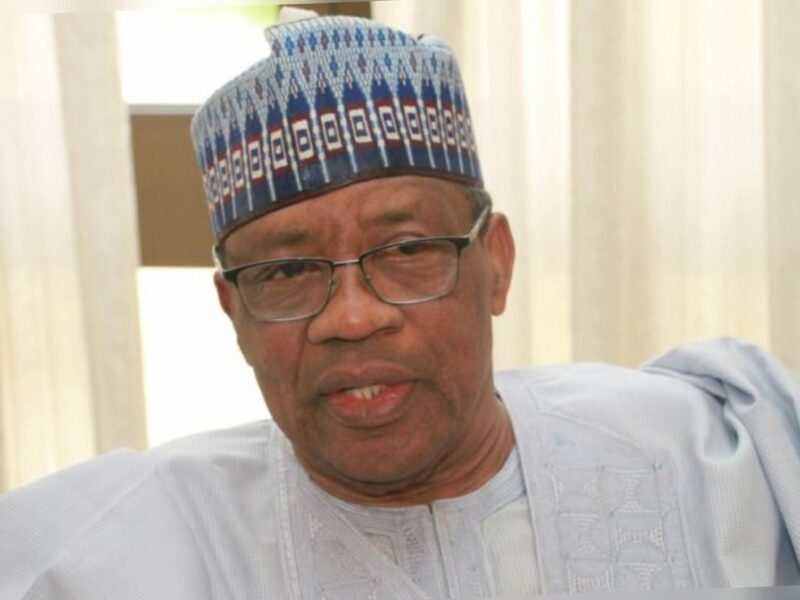
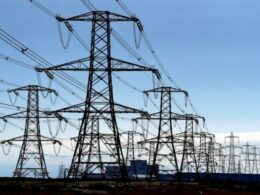
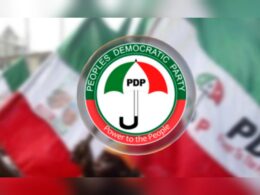
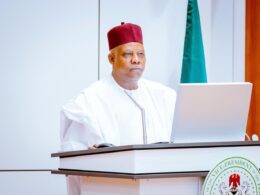
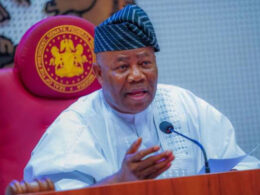
Join our Channel...